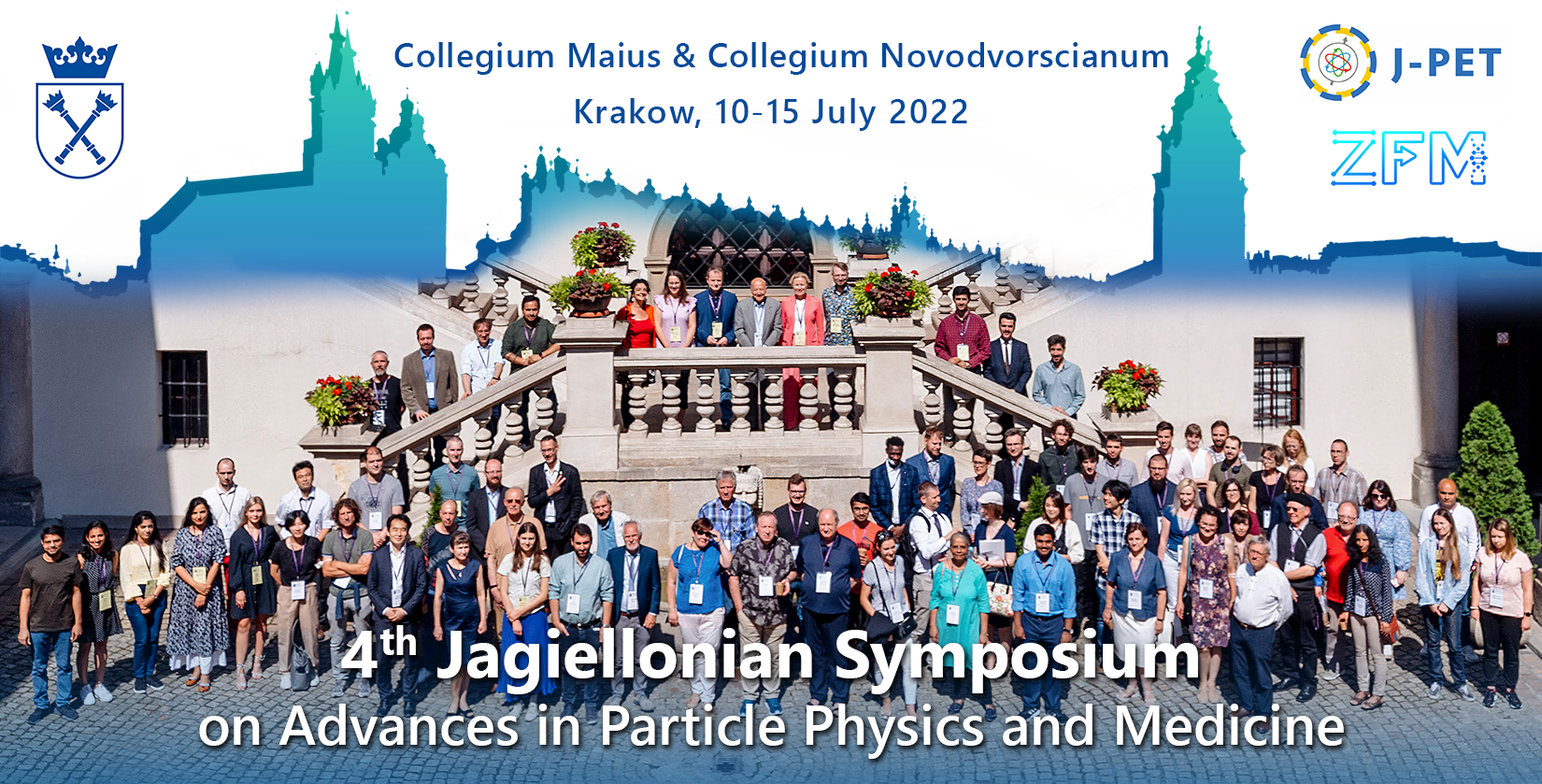Speaker
Description
Authors: Kamila Kalecińska, Dose-3D Collaboration
Medical data intelligent analysis is the part of TEAM NET
Dose3D Project “A Reconfigurable Detector for Measuring the Spatial Distribution of Radiation Dose for Applications in the Preparation of Individual Patient Treatment Plans”. The goal of the Dose3D consortium is to build a three-dimensional measurement system containing a detector capable of directly measuring the spatial distribution of the deposited therapeutic dose in real-time. The keyword “reconfigurable” means that such a tissue-like phantom can be configured to mimic a specific part of the patient 's body. Delivery of a proper geometry which is in the form of 3D Computed Tomography (CT) scans of the patient body with highly precise delineation of the area of affection to the detector is the important step of the whole process. The idea is to build a reliable, fully automatic tool that would be able to extract the desired volume from 3D CT images. Technically this process (named segmentation) refers to assigning each voxel of the 3D image to a specific class.
Training data for segmentation tasks consists of raw CT scans in DICOM format as well as already manually segmented data in DICOM-RT Structures format. Medical data format complexity and data limitations mostly caused by privacy issues that require the preparation of a special preprocessing pipeline. One of the important steps in this procedure is to perform an effective data augmentation, which refers to artificially increasing the amount of training data. Both data augmentation and 3D image automatic segmentation tools will be built on the basis of the most advanced deep learning models.
High computational power and GPU’s support are required in the process of training 3D deep learning models. Fortunately, the modern platform delivered by NVIDIA (NVIDIA Clara) with Python framework MONAI is dedicated to healthcare data analysis. This framework provides state-of-the-art pre-trained ML models, a set of tools for medical preprocessing and domain-specific GPU optimization.
The presentation will be about prospects, challenges and the current stage of developing medical data analysis tools with the potential to improve the individual treatment plans.

